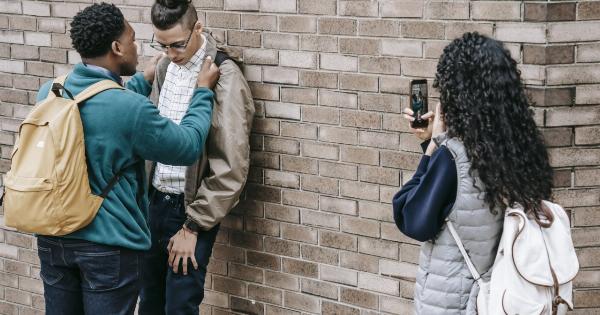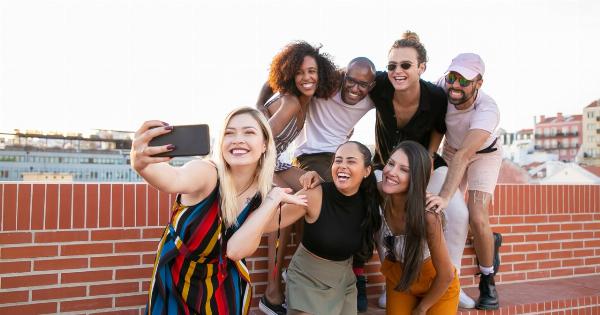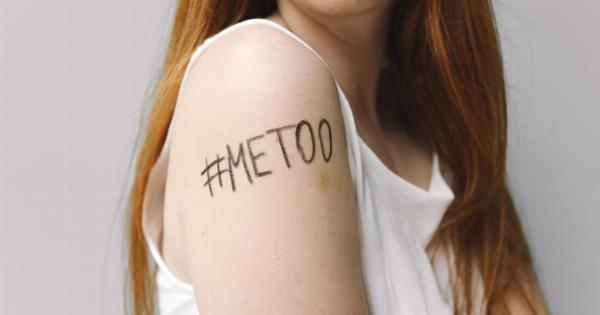Selfies have taken over the internet and become an integral part of our everyday lives. From social media platforms to dating apps, we are constantly bombarded with images of ourselves and others.
This obsession with capturing our own image and seeking validation through likes and comments has a direct impact on various aspects of our lives, including our libido.
The Psychology Behind Selfie Obsession
To comprehend how selfie obsession affects our libido, it is essential to understand the underlying psychology driving this behavior. Many experts argue that the desire to take selfies stems from a basic need for self-esteem and social validation.
The act of taking and sharing selfies allows individuals to control their self-image and seek approval from others.
Moreover, selfie obsession has been linked to narcissism, a personality trait characterized by an excessive focus on oneself, a need for admiration, and a lack of empathy for others.
Narcissists are more likely to engage in self-promotion, seeking attention and validation from others, which can potentially impact their libido.
The Impact on Self-Perception
Constantly taking selfies can create unrealistic expectations and distort our self-perception. With filters and editing tools at our disposal, it is easy to present an idealized version of ourselves online.
This curated self-image can lead to feelings of inadequacy and a negative body image, ultimately affecting our libido.
The pressure to meet societal beauty standards portrayed by influencers and celebrities on social media platforms can further exacerbate self-esteem issues.
Comparing oneself unfavorably to these seemingly perfect images may result in reduced sexual confidence and a diminished libido.
The Link between Selfie Obsession and Body Dysmorphic Disorder
For some individuals, selfie obsession may be an indication of a deeper psychological issue, such as body dysmorphic disorder (BDD).
BDD is a mental health condition wherein individuals become excessively preoccupied with perceived flaws in their physical appearance.
Those suffering from BDD may spend hours taking and analyzing selfies, attempting to hide their perceived flaws or seeking validation from others.
This constant focus on their appearance can significantly impact their self-esteem, body image, and overall sexual well-being.
Selfies and Intimacy
Selfie obsession can also affect our ability to form and maintain intimate connections.
When we constantly seek external validation and approval through likes and comments on our selfies, we may struggle to establish genuine connections based on emotional intimacy and mutual understanding.
In an intimate relationship, the focus should be on shared experiences, emotional connection, and physical intimacy.
However, selfie obsession can divert attention away from these crucial aspects, leading to a lack of genuine connection and potentially impacting our libido.
Addressing Selfie Obsession for a Healthy Libido
If you find that selfie obsession is negatively impacting your libido and overall well-being, there are steps you can take to regain balance:.
1. Practice Self-Acceptance
Embrace your unique qualities and focus on self-acceptance rather than seeking external validation through selfies. Remind yourself that your worth is not solely determined by your appearance.
2. Set Healthy Boundaries
Limit the time you spend on social media platforms and consciously reduce the number of selfies you take. Set boundaries for yourself to ensure you engage in activities that promote overall well-being and connection.
3. Cultivate Real-Life Connections
Nurture authentic relationships based on emotional connection and shared experiences. Invest time and energy in building meaningful connections with others rather than solely focusing on virtual validation.
4. Seek Professional Help
If your selfie obsession and its impact on your libido are causing significant distress, consider reaching out to a mental health professional. They can provide valuable guidance and support tailored to your specific needs.
5. Prioritize Self-Care
Focusing on self-care activities that promote self-esteem, such as exercise, healthy eating, and mindfulness practices, can help combat the negative effects of selfie obsession and improve overall well-being, including libido.
Conclusion
While selfies have become an integral part of modern culture, it is essential to recognize and address the potential negative impacts they can have on our libido.
By understanding the psychology behind selfie obsession and taking proactive steps towards self-acceptance and healthy relationships, we can maintain a balanced approach to self-image and enhance our overall sexual well-being.



























